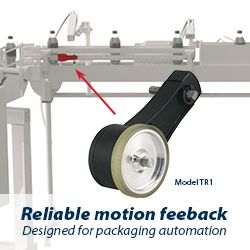Metamaterial Mechanisms
From the Hasso Plattner Institute:
Recently, researchers started to engineer not only the outer shape of objects, but also their internal microstructure. Such objects, typically based on 3D cell grids, are also known as metamaterials. Metamaterials have been used, for example, to create materials with soft and hard regions.
So far, metamaterials were understood as materials—we want to think of them as machines. We demonstrate metamaterial objects that perform a mechanical function. Such metamaterial mechanisms consist of a single block of material the cells of which play together in a well-defined way in order to achieve macroscopic movement. Our metamaterial door latch, for example, transforms the rotary movement of its handle into a linear motion of the latch. Our metamaterial Jansen walker consists of a single block of cells—that can walk. The key element behind our metamaterial mechanisms is a specialized type of cell, the only ability of which is to shear.
In order to allow users to create metamaterial mechanisms efficiently we implemented a specialized 3D editor. It allows users to place different types of cells, including the shear cell, thereby allowing users to add mechanical functionality to their objects. To help users verify their designs during editing, our editor allows users to apply forces and simulates how the object deforms in response... (project homepage)
Comments (0)
This post does not have any comments. Be the first to leave a comment below.
Featured Product

